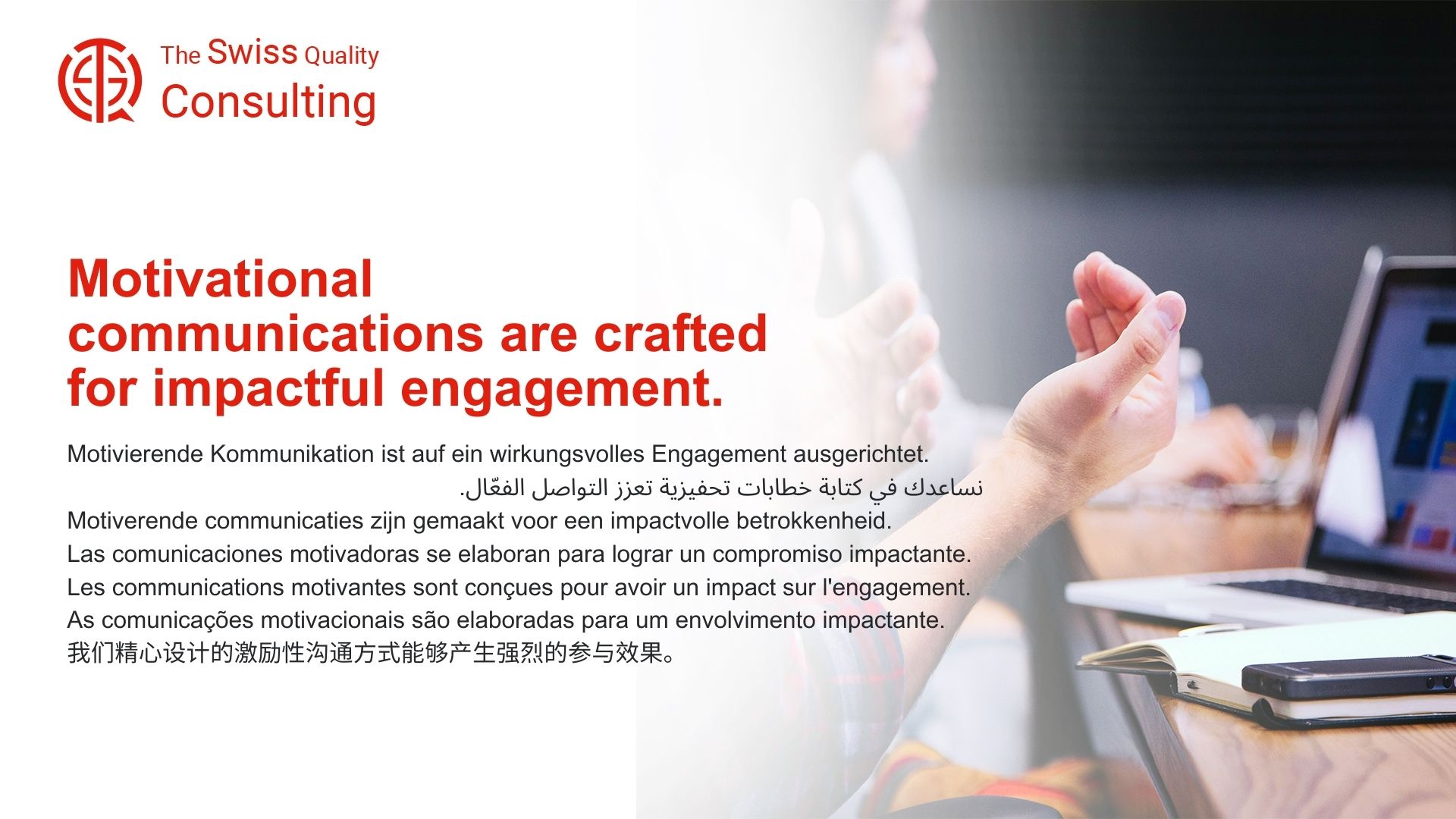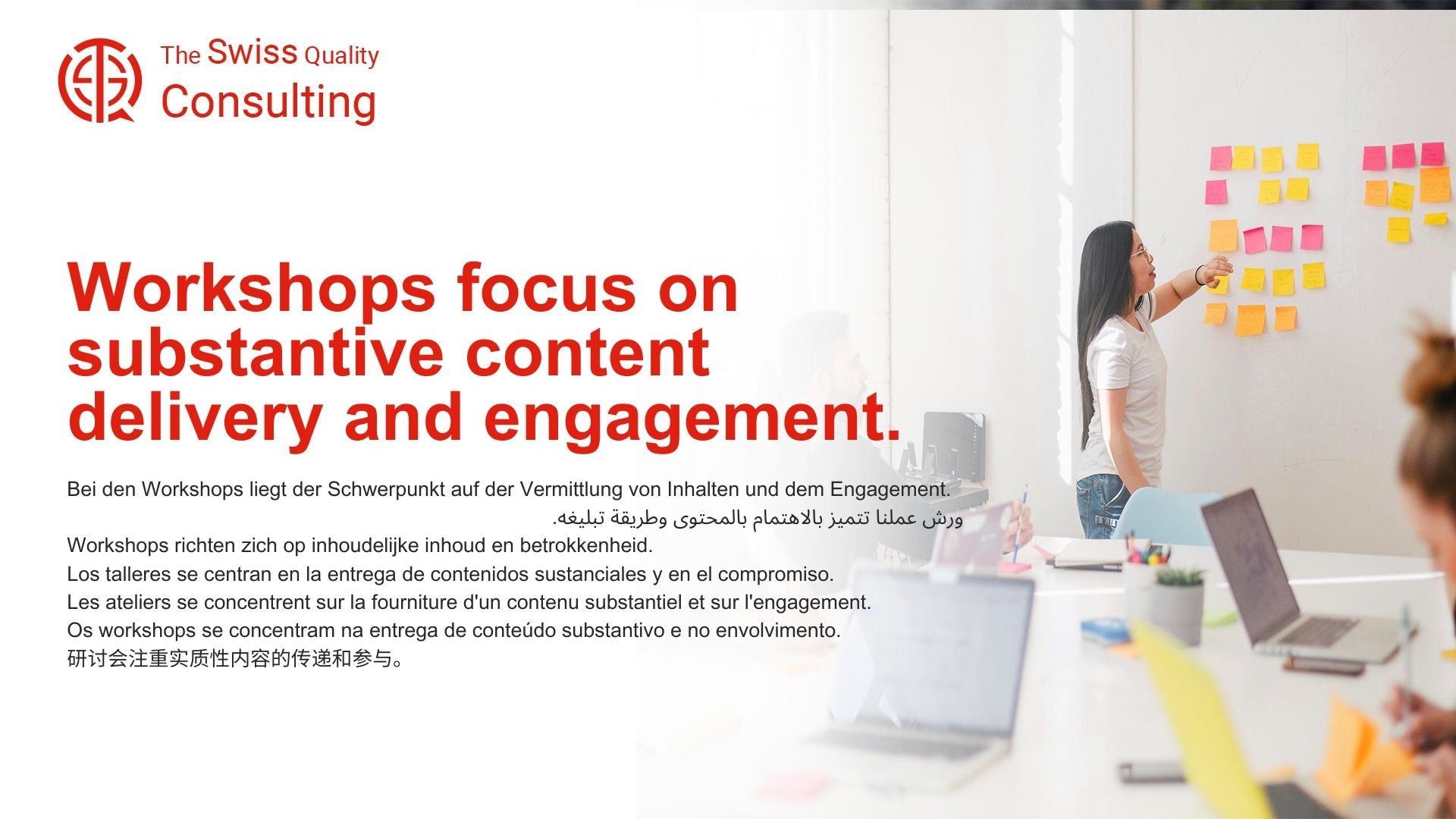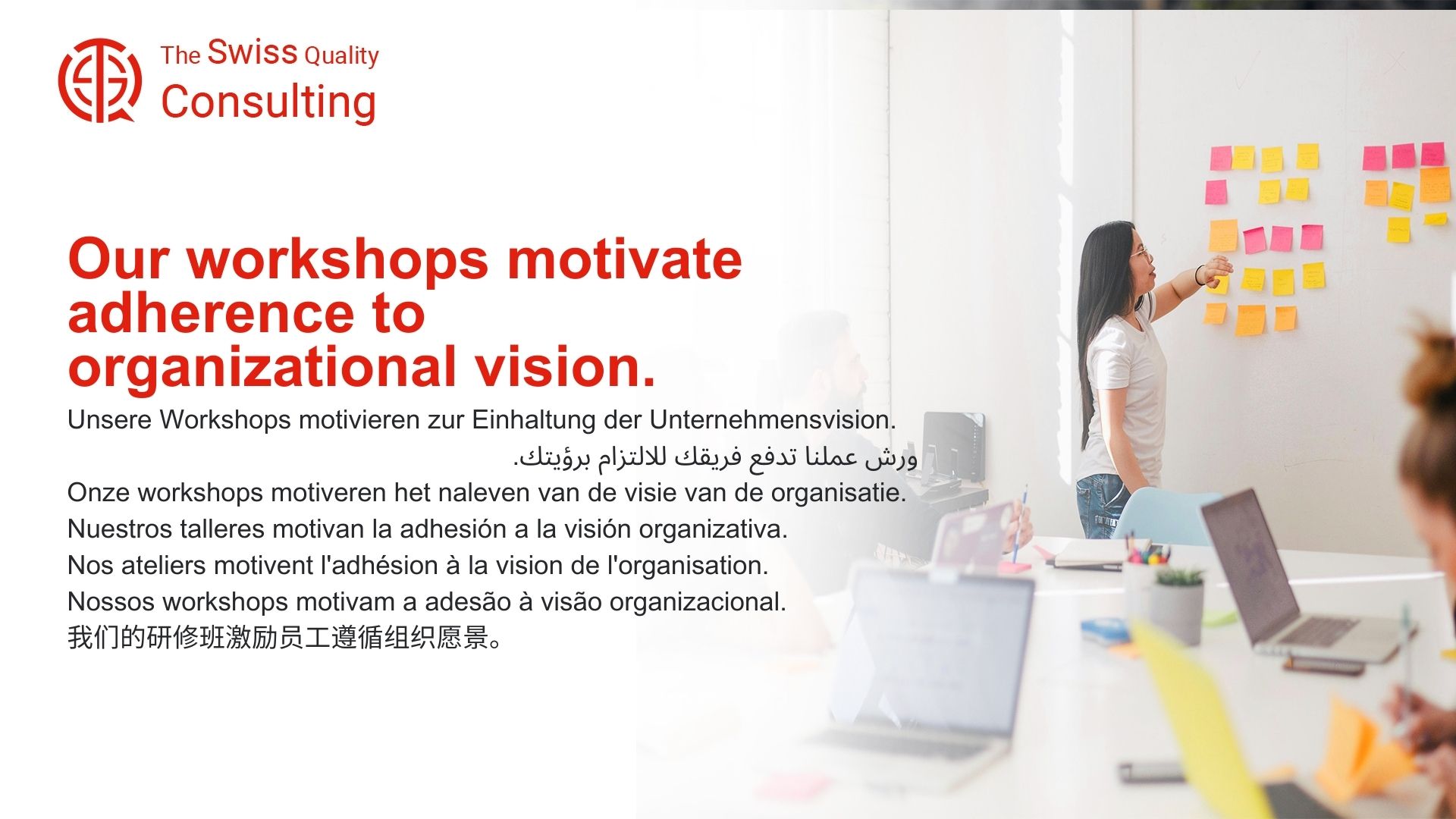Navigating the Path to Efficient Resource Utilization
In the dynamic world of business, Manage Your Resources with Precision has become a fundamental aspect for companies aiming for sustained success and growth. This article aims to offer an insightful perspective to business executives, mid-level managers, and entrepreneurs on how precision in resource management can be a game-changer in the realm of business operations.
Change Management: A Catalyst for Resource Optimization
Effective change management transcends mere efficiency gains in resource management; it serves as a catalyst for a sustainable transformation that empowers organizations to maximize their assets and achieve their strategic goals. This transformation hinges on three key pillars:
1. Adapting to New Systems and Processes: Implementing new resource management systems and processes necessitates organizational adaptation. Effective change management facilitates this transition by providing clear communication, comprehensive training, and ongoing support to help employees understand and embrace the new ways of working. This ensures a smooth and successful implementation, minimizing disruption and maximizing the potential of the new system.
2. Fostering a Culture of Resource Optimization: Embedding resource optimization into the organizational culture is crucial for long-term success. This involves promoting awareness of resource limitations, encouraging accountability for resource utilization, and rewarding proactive efforts to maximize efficiency. Effective change management fosters this culture by engaging stakeholders, encouraging collaboration, and celebrating successes.
3. Building a Data-Driven Decision-Making Framework: Utilizing data to inform resource allocation decisions is essential for ensuring optimal utilization and minimizing waste. Effective change management facilitates the adoption of data-driven decision-making by providing training on data analysis tools, encouraging the use of data insights, and fostering a culture of evidence-based decision-making.
Beyond the Essentials:
In addition to these core pillars, effective change management for enhanced resource management requires:
1. Aligning Resource Management with Strategic Goals: Effective resource management goes beyond operational efficiency; it aligns with the organization’s strategic goals. This involves identifying critical resources, prioritizing their allocation based on strategic objectives, and measuring the impact of resource utilization on achieving strategic goals.
2. Investing in Technology and Automation: Implementing technology solutions and automation tools can significantly enhance resource management capabilities. By automating repetitive tasks, freeing up employee time for strategic activities, and providing real-time data insights, technology empowers organizations to optimize resource allocation and utilization.
3. Continuous Monitoring and Improvement: The landscape of resource needs and priorities is constantly evolving. Effective change management recognizes this need for continuous monitoring and improvement. By regularly reviewing resource utilization data, identifying areas for optimization, and adapting processes accordingly, organizations can ensure their resource management strategies remain relevant and effective in a dynamic environment.
4. Building a Culture of Ownership and Accountability: Encouraging individual and team ownership of resource management is crucial for long-term success. This involves empowering employees to identify opportunities for optimization, holding them accountable for responsible resource utilization, and recognizing their contributions to achieving resource management goals.
5. Measuring Success and Demonstrating Value: Tracking key performance indicators and measuring the impact of improved resource management practices is essential. By demonstrating the positive outcomes, such as cost savings, increased productivity, and enhanced operational efficiency, organizations can build a strong case for continued investment in resource management initiatives and reinforce the value of effective change management.
Beyond Efficiency: A Foundation for Sustainable Success:
By prioritizing effective change management, organizations lay the foundation for sustainable success in resource management. This strategic approach not only optimizes asset utilization and minimizes waste but also fosters a culture of resourcefulness, accountability, and continuous improvement. This transformation empowers organizations to achieve their strategic goals, enhance their competitive advantage, and ensure long-term sustainability.
Embrace the power of effective change management and transform resource management from a mere operational function into a dynamic and strategic driver of organizational success. By fostering a culture of ownership, leveraging data-driven insights, and continuously adapting to a changing environment, you can unlock the full potential of your resources and secure a future of sustainable growth and prosperity.
Executive Coaching: Steering Resource Management Strategies
Executive coaching services play a pivotal role in refining the leadership approach towards resource management. Tailored coaching can provide the necessary insights and skills to leaders, enabling them to make informed decisions about resource allocation and utilization, ensuring a more efficient and productive business operation.
Effective Communication: The Cornerstone of Resource Management
Clear and strategic communication is crucial in managing resources effectively. It ensures that all team members understand their roles, the resources available to them, and how best to utilize these assets. Effective communication fosters a collaborative environment where resource sharing and optimization are part of the corporate culture.
The Role of Generative Artificial Intelligence in Resource Management
Generative Artificial Intelligence (AI) has emerged as a powerful tool in resource management. AI can analyze patterns, predict resource needs, and provide actionable insights for better resource allocation. This advanced technology is revolutionizing how businesses approach resource management, leading to more precise and efficient operations.
Leadership and Management Skills for Resource Precision
Strong leadership and management skills are essential for precise resource management. Leaders must possess the vision to foresee resource needs and the ability to strategically plan for these requirements. This involves not only understanding the current resource landscape but also anticipating future trends and challenges.
Keeping Up with Business News and Updates
Staying informed with the latest business news and updates is crucial for resource management. Knowledge about the latest tools, technologies, and trends in resource management can help businesses stay ahead of the curve, ensuring that their resource management strategies are not only current but also future-proof.
Project Management: Orchestrating Resource Allocation
Project management plays a crucial role in resource management. It involves planning, organizing, and managing resources to achieve specific goals within a project. Effective project management ensures that resources are used efficiently and that projects are completed on time and within budget.
conclusion Manage Your Resources with Precision
In conclusion, managing your resources with precision is vital for the success of any business. By leveraging change management, executive coaching, effective communication, AI, strong leadership, staying informed, and efficient project management, businesses can optimize their resources, leading to increased efficiency, reduced costs, and enhanced competitive advantage.
#ResourceManagement, #BusinessEfficiency, #StrategicPlanning























